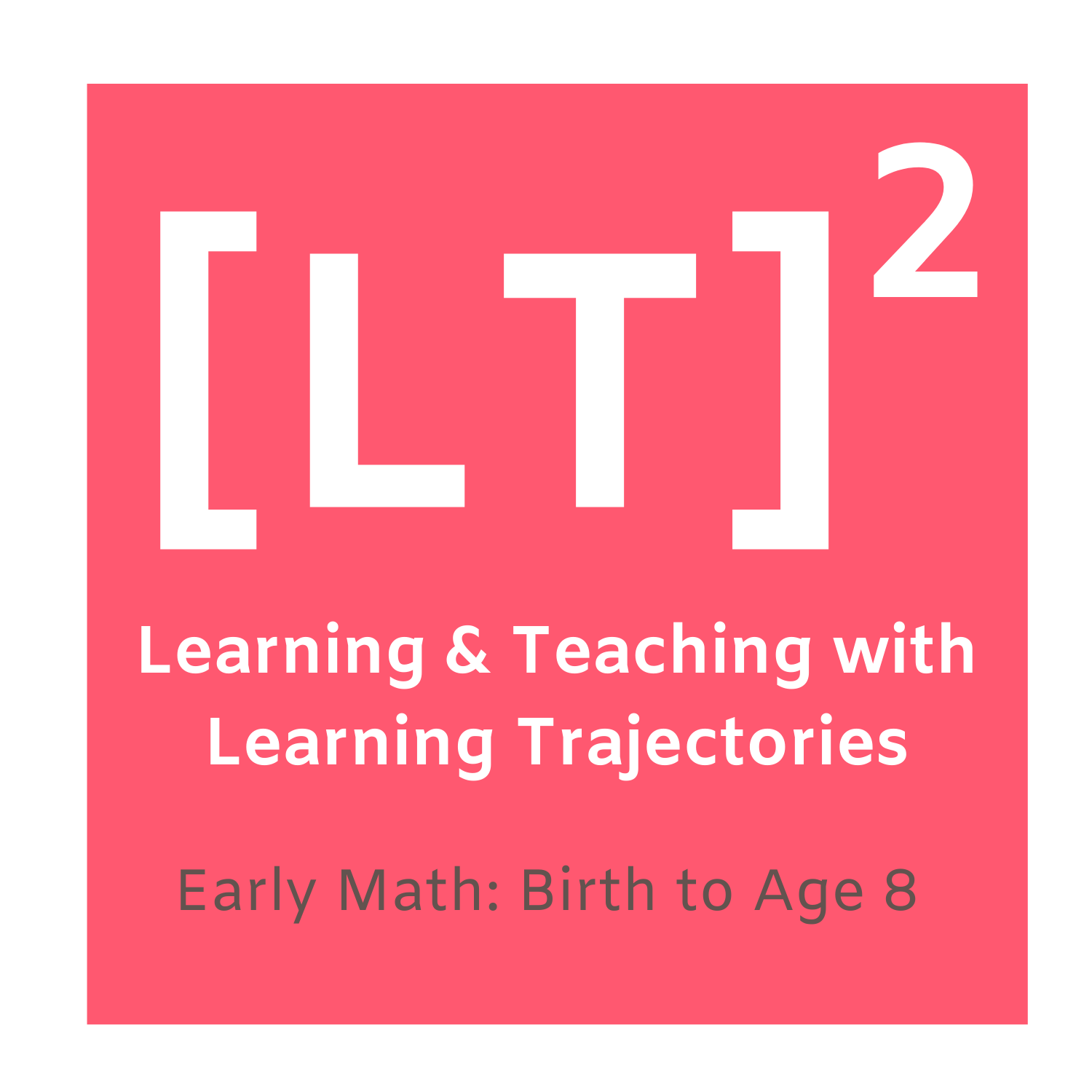At STEMIE, we use adaptations to ensure each and every child, including young children with disabilities can fully participate and engage in STEM (science, technology, engineering, and math) learning opportunities and experiences at home, in early childhood programs, and in the community.
There are many prevailing beliefs and attitudes about child development, disability, learning, and STEM that limit STEM learning opportunities for young children.
Open-ended question prompts to ask young children
Find examples of adaptations based on functional needs andskills that can be used before or during dialogic reading and other shared book reading experiences.
Child-level processes are an iterative set of practices where a child is performing or doing something to answer a question (Bybee, 2004).
Cross-cutting concepts are a set of overarching big ideas that look and behave similarly across all STEM (science, technology, engineering, and math) domain areas.
Learn about dialogic reading and how you can use it to have storybook conversations in STEM with young children.
Transform everyday routines and activities into playful STEM and brain-building opportunities with your young child!
In this guide, we operationally define noticing and provide examples of different ways young children, including children with disabilities, may show us how they have noticed something or someone in their environment.
At STEMIE, we first use adaptations to ensure young children with disabilities can fully participate and engage in STEM (science, technology, engineering, and math) learning opportunities and experiences. However, some young children may require additional instructional supports from adults and/or peers to successfully engage in STEM learning opportunities and experiences.
The chart below outlines eight easy at-home storybook adaptations, categorized by the type of support families and practitioners may provide (motor, sensory, communicative/linguistic, visual, or auditory).
Integrating the arts into STEM learning encourages young children to explore STEM concepts creatively through visual arts, music, and drama. This approach fosters critical thinking and problem-solving, making STEM subjects more engaging and accessible for early learners.
Supporting positive STEM identity in young children requires creating inclusive, engaging, and socially relevant learning environments that incorporate play-based learning, leverage group dynamics, gender alignment, and integrate inquiry-based activities to foster motivation, self-efficacy, and academic achievement in STEM fields.
Digital games, apps, and programmable robots can engage young children in STEM learning opportunities effectively. Using technology is most beneficial when adults provide guidance and scaffolding while working alongside children.
Use this form to create a STEM experience with a family or teacher.
Use this form to gather information about a child you are working with.
This session explores the integration of American Sign Language (ASL) in STEM storybooks to support early childhood development, highlighting how ASL inclusion fosters positive STEM identities and empowers young learners, especially those with disabilities, to engage with STEM in an accessible and playful way.
This 60-minute webinar introduces early intervention (EI) professionals to the value of integrating STEM into their daily practice with young children and families.
STEMIE’s flash presentation and resources on STEM at home for young children with disabilities at Students with additional needs in remote learning – An “Unconference”, May 20, 2020.
This session is on how infants and young children learn and practice thinking skills while developing skills in other domains.
This session includes opportunities to 1) expand your observational and interview-based skills to identify children’s thinking levels and skills and 2) consider use of adaptations to accommodate for motor, language, or other developmental delays
Use this fillable form to plan STEM activities for a child's learning goals that you are working with.




